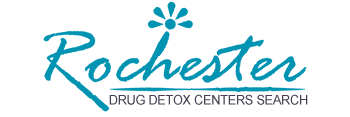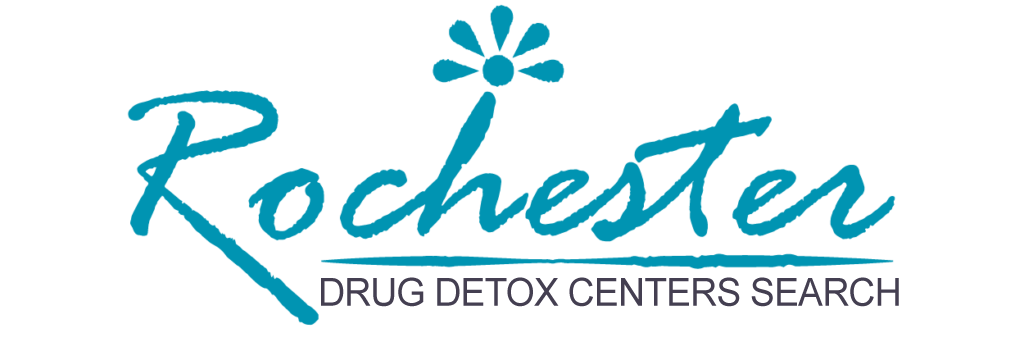Medical Detox in Rochester, NY
Drug dependence is typically recognized by increased tolerance and the existence of withdrawal symptoms when drug intake is stopped. Many drugs are associated with a dependence syndrome, including the legal drug alcohol, prescription opiates and sedatives, and numerous illicit drugs. The process of medical detox enables the cessation of drug use under medical supervision, with medications often used to help manage withdrawal symptoms. Medical detox clinics are available throughout Rochester and across the United States, with facilities often attached to large rehabilitation centers. If you need to access medical detox for a drug or alcohol problem, let Drug Detox Centers Rochester be your guide.
Dependence and Withdrawal
People who abuse psychoactive substances on a regular basis often become dependent on them. Drug dependence is marked by increased tolerance and the experience of physical-somatic and emotional-motivational withdrawal symptoms when drug use is stopped or dosage levels are reduced.
Different substances cause very different symptoms when discontinued, with medications often required to help alleviate potentially dangerous symptoms. Substances that cause physical withdrawal symptoms include alcohol, heroin, morphine, codeine, oxycodone, hydrocodone, Valium, Klonopin, and many other central nervous system (CNS) depressants. Substances that cause psychological withdrawal symptoms include marijuana, cocaine, methamphetamine, and prescription stimulants.
The Stages of Medical Detox
Medical detox is the experience and process of drug or alcohol withdrawal under medical supervision. While all substance use disorders can benefit from a detox period, medical intervention is mostly used to treat physical withdrawal symptoms. The United States Department of Health and Human Services recognize three stages in the detox process: evaluation, stabilization, and guiding patients into further treatment.
Physical and mental tests are performed during the first stage, with therapists testing for currently circulating substances, secondary addictions, behavioral addictions, and mental health disorders among other things. This is integral to the treatment process, with medication only ever applied after comprehensive testing has taken place. The second stage of treatment involves stabilizing the patient, with medications often used to help manage and alleviate withdrawal symptoms. The third stage involves a detailed consultation procedure, with therapists guiding patients into extended rehab and aftercare programs.
Drug Treatment
Overcoming a drug or alcohol addiction is not an easy process. From the early days of intervention and medical detox through to the later stages of relapse prevention and aftercare support, each piece of the treatment puzzle needs to be in place. While medical detox helps people to stop drug use in a safe and supportive medical environment, it does very little to address the underlying psychological issues. Rehabilitation programs are always recommended after detox, including cognitive behavioral therapy, motivational interviewing, contingency management, and 12-step support groups. Residential and outpatient rehab centers are available across Rochester, including many facilities that specialize in particular substances or methods of treatment. If you or anyone you know needs help for a substance use disorder, Drug Detox Centers Rochester is just a call away. Call to speak with one of our caring recovery advocates.


